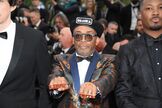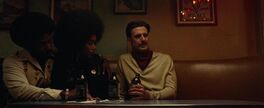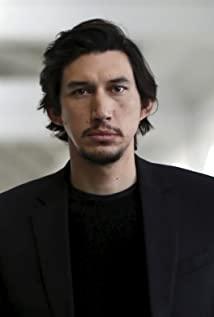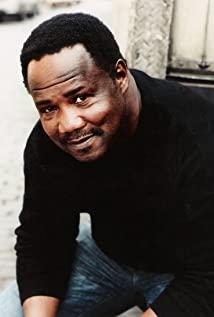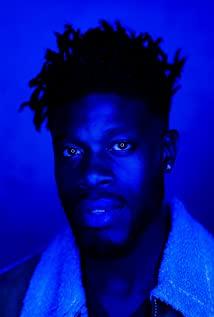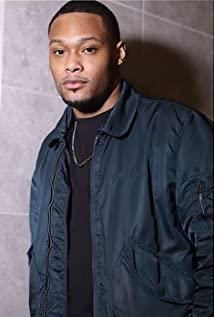In recent years, the Oscars and even American society have particularly favored equal rights for blacks. And Spike Lee, who has been slightly suppressed by the students for a long time, also took this advantage and had some opportunities to raise his eyebrows.
Let's analyze Spike Lee's Olympic bid this year. Alec Baldwin, roaring white nationalist speeches mixed with clips from The Birth of a Nation, is an aggressive and effective direct presentation of America's ingrained racist ideas (Birth of a Nation as a hundred-year-old film). It is recognized as a classic by all walks of life, and its racist ideas also extend to Alec Baldwin today a hundred years later). At the same time, in the paragraphs of the speeches of the black leaders, the attentive expressions of the black audience were continuously edited while speaking, and the sense of splicing rhythm synchronized with the speech rhythm excellently created a kind of spiritual power like faith. In the climax, a parallel montage of the KKK's white supremacy speeches and the black leaders' black supremacy speeches, and again the use of the Birth of a Nation, shows how deeply "black and white hatred based on racism" runs deep. These three passages are where Spike Lee plays extremely well.
However, in terms of the overall structure and play, it may be due to the objective influence of the outside world, or it may be due to the consideration of Oscar standards (Oscar likes political movies, but does not like political viewpoints that are too extreme, and the world is the same as the love of all beings being equal. This Oscar's eternal theme also determines its political preferences - the best example is The Shape of Water. And the mutual attack of blacks and whites comes from the racist ideology of American origin, and both sides are full of hatred and do not match One World.), Spike Lee opted for the most gentle way to frame the film. In the opening part, the black protagonist dresses his hair in front of the American flag and applies for police employment, showing that he wants to integrate into the white society of mainstream America, and then into the main line, he disguises himself as a white person to go undercover, and uses white supremacy speech to shape his identity , is also an extension. But in the opening section, the protagonist has already begun to be ostracized by white racists within the police department, which shows the incompatibility of black and white - he will never become white.
As another clue, the white police officers were involved in the "meeting" part of the black protagonist's undercover operation, while the black protagonist was also going undercover against the black party. This is actually a very clever design: the protagonist and the white police form the "two black protagonists"---the black protagonist who becomes white (the realization of the ideal of the black protagonist, when the "two Ron" is mentioned when discussing the case The composition of the black and white protagonists on the left and on the right, with their faces twisted to one side, fully reveals the inevitable shattering of this ideal). The potential of this design lies in the fact that the protagonist wants to live with the white protagonist, but he continues to accept the racist remarks of the KKK and the ideas of the black party, and eventually tends to the side of the black party; while the white policeman initially coexisted harmoniously with the black protagonist, without racism, But after accepting the ideas of the Ku Klux Klan, they gradually changed from undercover to believers----this can effectively reveal the theme of "black and white hatred caused by the racism of the American origin". Due to their growth experience and social and family environment, the two protagonists have The seeds of racism have already been planted in the heart (if the close-up of the KKK who burns the cross at the end reveals that this person is a white policeman, it will form a very topical and intuitively shocking topic). But structuring the film in this way makes it too aggressive, so Spike Lee makes the white protagonist the second target of a Jewish-American racist attack. In this way, white police officers have also become the same racist "passive party" as black people, and use "I don't usually feel like I'm a Jew, just an ordinary American." This line is used to express the Jewish people's racism under the ideology. oppressed. The two became the same position. The director's attempt to capture the full extent of racism in this way falls short in terms of artistic effect, squandering the potential of a brilliant opening and design.
In the end, the police chief exposed racism and snubbed the undercover investigators: the protagonists were all good guys, and the bad guys were played by the supporting characters who had few scenes in total. But such a small supporting role to attack racism is completely useless. The film finally returns to the eternal struggle between blacks and whites through the lens of the black protagonist holding a gun at the KKK, but it also cuts the edge of political thought by editing the documentary clips into "interviews of whites who support blacks". Spike Lee wanted to express his political views and understanding of hatred of blacks and whites, but was worried about "political incorrectness", and finally carefully created such an obscure work with such an aggressive theme that he wanted to cover while trying to find a balance. .
View more about BlacKkKlansman reviews



